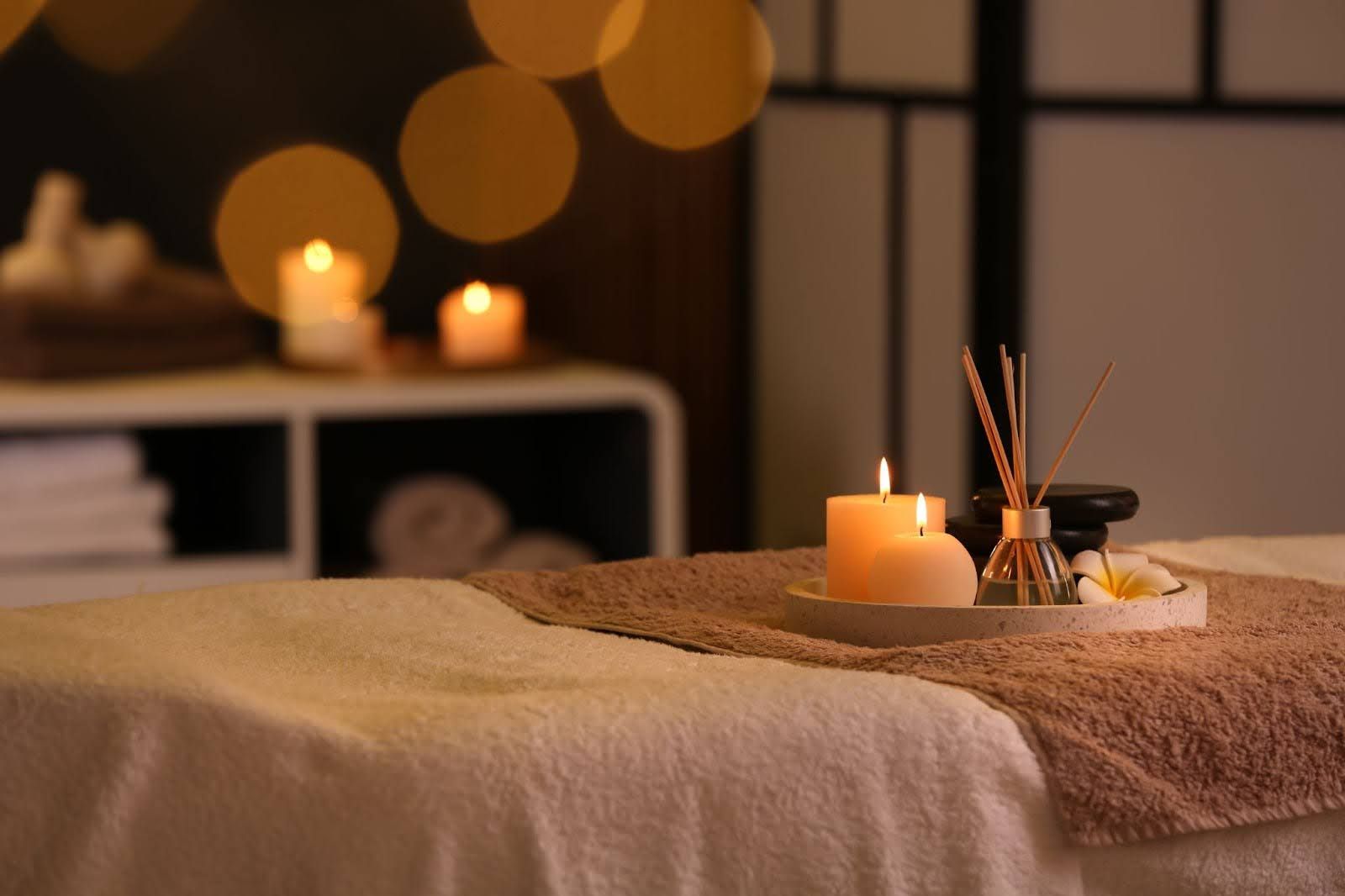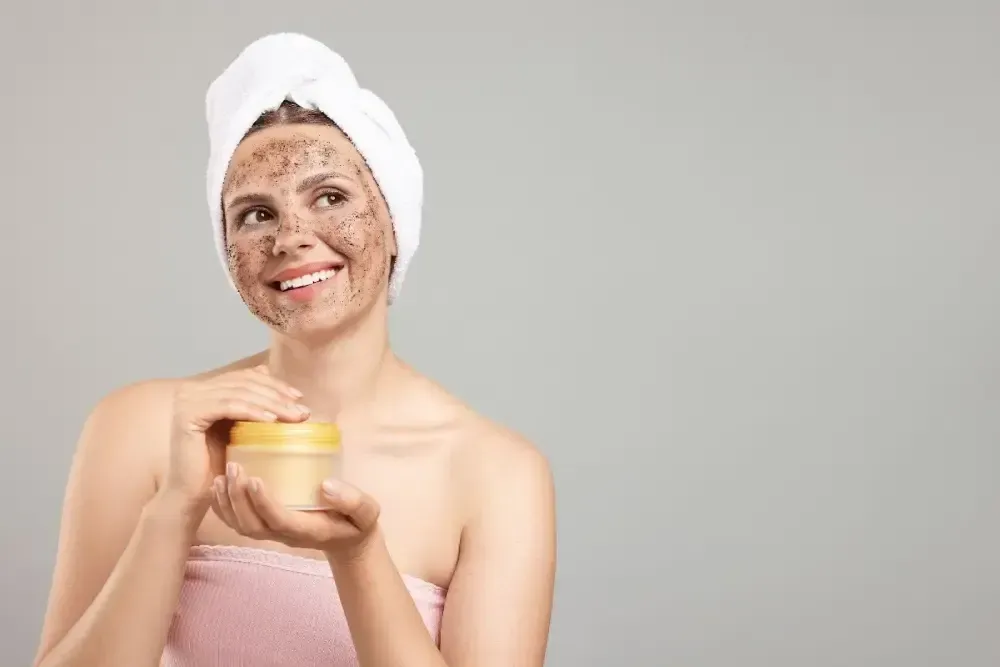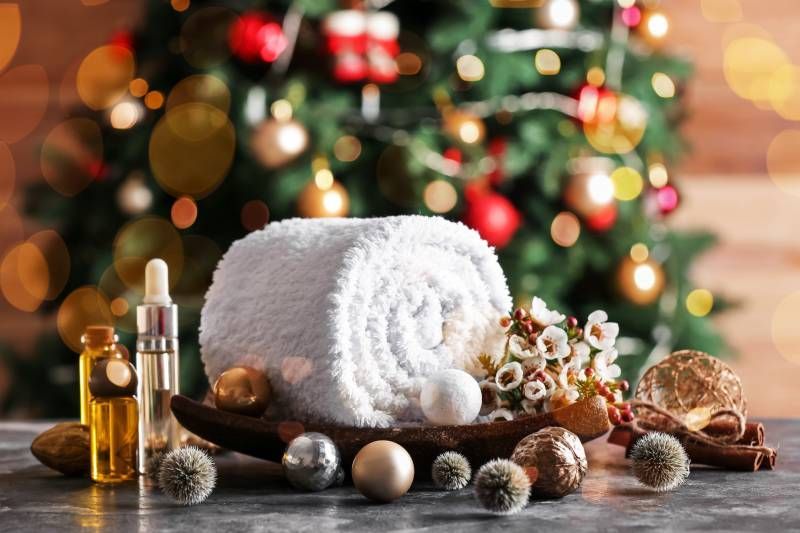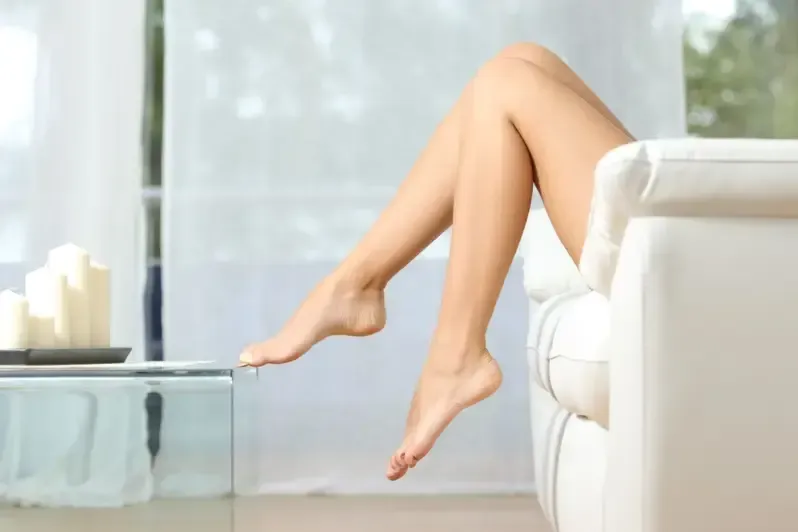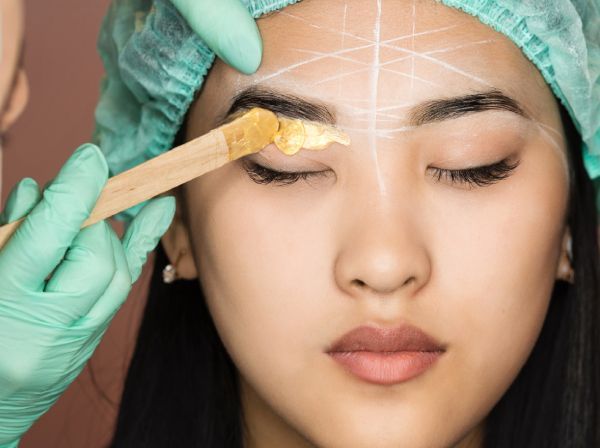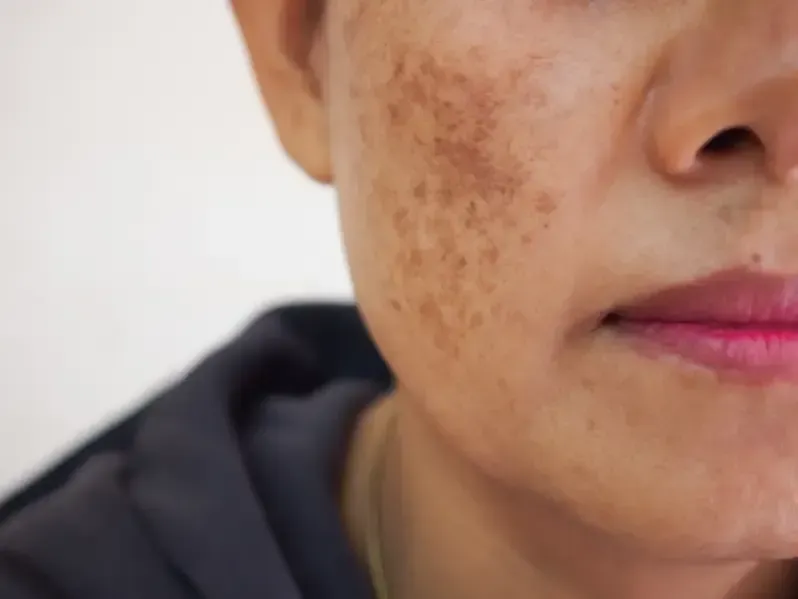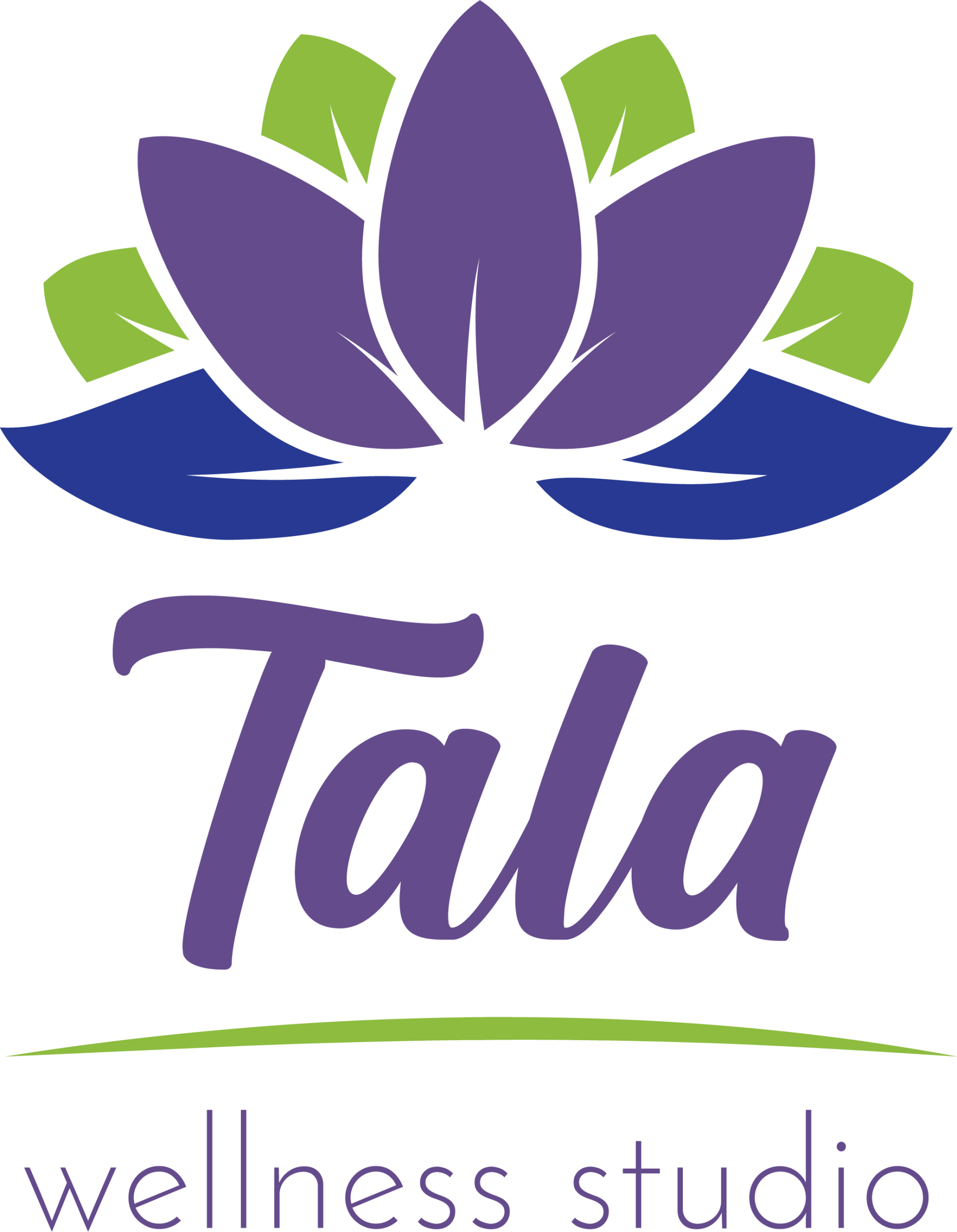The Healing Power of Aromatherapy in Spa Treatments
Aromatherapy has been an integral part of wellness practices for centuries, offering therapeutic benefits through the use of essential oils. In spa treatments, it enhances the overall experience by promoting relaxation, improving mood, and supporting physical and emotional healing. This blog explores the specifics of aromatherapy, its benefits in spa treatments, techniques, and its application for specific conditions.
The Specifics of Aromatherapy
Aromatherapy leverages the powerful properties of essential oils to enhance physical and emotional well-being. Each oil has unique characteristics that can address specific health concerns, making aromatherapy a versatile and practical component of spa treatments.
Here's a closer look at how essential oils impact muscle tone, joint pain, connective tissue, and neuromuscular health.
Muscle Tone
Aromatherapy can significantly improve muscle tone. Essential oils like rosemary and lavender are known for their ability to stimulate and relax muscles, making them ideal for massages. These oils help increase blood circulation, reduce muscle stiffness, and promote overall muscle health.
Joint Pain
Joint pain can be alleviated with the right blend of essential oils. Eucalyptus and ginger oils, for instance, have anti-inflammatory properties that can reduce joint swelling and discomfort. When applied topically during a massage, these oils penetrate the skin and target the affected areas, relieving chronic pain.
Connective Tissue
Connective tissues such as ligaments and tendons benefit from the healing properties of essential oils like frankincense and myrrh. These oils promote cell regeneration and improve the elasticity of connective tissues, aiding in faster recovery from injuries and enhancing overall tissue health.
Neuromuscular & Neuralgia
Neuromuscular issues and neuralgia can be managed with essential oils like peppermint and chamomile. These oils have analgesic properties that relieve nerve pain and reduce muscle spasms. Regular use in spa treatments can help manage chronic conditions and improve quality of life.
What are the Benefits of Aromatherapy in Spa Treatments?
Aromatherapy in spa treatments goes beyond mere indulgence; it offers a range of therapeutic benefits that can enhance overall health and well-being. By incorporating essential oils into various spa techniques, clients can experience deep relaxation, improved mood, accelerated healing, enhanced skin care, and personalized treatment options.
Let’s delve into these benefits in more detail.
1. Enhances Relaxation
One of the primary benefits of aromatherapy in spa treatments is its ability to enhance relaxation. Essential oils like lavender and chamomile are known for their calming effects. When used in massages or diffused in the air, these oils create a tranquil environment that helps clients unwind and de-stress.
2. Improves Mood
Aromatherapy can significantly improve mood by influencing the limbic system, the part of the brain responsible for emotions. Scents like jasmine and rose are uplifting and can alleviate symptoms of depression and anxiety, making spa treatments a holistic approach to mental well-being.
3. Supports Healing
Essential oils have therapeutic properties that support the body's natural healing processes. Oils such as tea tree and eucalyptus have antibacterial and antiviral properties that can help fight infections and speed up recovery. These oils can be incorporated into treatments for wounds, burns, and other skin conditions.
4. Enhances Skin Care
Aromatherapy oils are rich in vitamins and antioxidants that nourish the skin. Oils like tea tree and lavender can treat acne, eczema, and other skin issues, promoting a clear and healthy complexion. Regularly incorporating these oils in facials and body treatments can produce glowing, rejuvenated skin.
5. Customizable Treatments
One of aromatherapy's unique benefits is its versatility. Treatments can be customized to meet individual needs by blending different oils to address specific issues. This personalization ensures that each client receives the most effective and beneficial treatment possible.
What Techniques Are Used in Aromatherapy?
Aromatherapy techniques vary widely, allowing for versatile applications that can target specific needs. Whether through inhalation, topical application, or immersive baths, these methods harness the power of essential oils to deliver profound therapeutic effects.
Let's explore the different ways aromatherapy can be integrated into spa treatments.
1. Inhalation: Soothing Aromas for Stress Relief
Inhalation is one of the simplest and most effective ways to experience aromatherapy's benefits. Essential oils can be diffused in the air, allowing clients to breathe in soothing aromas that reduce stress and promote a sense of calm.
2. Topical Application: A Massage of Rejuvenation
Topical application involves massaging essential oils directly onto the skin. This technique allows the oils to penetrate the skin and provide targeted relief to specific areas. It is particularly effective for muscle pain, joint issues, and skin conditions.
3. Aromatic Baths: Immerse in Nature’s Aroma
Aromatic baths are a luxurious way to experience aromatherapy. Adding essential oils to bath water allows full-body absorption while the steam helps inhale the beneficial scents. This method is excellent for overall relaxation and skin care.
4. Compresses: Targeted Relief
Compresses involve soaking a cloth in water and essential oils and applying it to specific body areas. This technique effectively targets localized pain or inflammation, such as sore muscles or joint pain.
5. Aromatherapy Candles and Incense: The Enchanting Flicker
Aromatherapy candles and incense gently and continuously release essential oils into the air. They create a soothing ambiance that enhances the spa experience and promotes relaxation and emotional well-being.
6. Aromatic Baths and Foot Soaks: Bathing in Nature’s Aroma
Foot soaks with essential oils are a relaxing way to relieve tired feet and improve circulation. This technique can be particularly beneficial for individuals who spend much time on their feet or suffer from conditions like plantar fasciitis.
Aromatherapy for Specific Conditions
Aromatherapy can be a powerful ally in managing a variety of health conditions. By selecting the appropriate essential oils, stress, anxiety, insomnia, headaches, respiratory issues, and skin conditions can be alleviated.
Here, we examine how specific oils can effectively address these common ailments.
1. Stress and Anxiety
Aromatherapy is highly effective in managing stress and anxiety. Essential oils like lavender, bergamot, and ylang-ylang have calming properties that can reduce stress levels and promote emotional balance.
2. Insomnia and Sleep Disorders
Essential oils such as lavender and chamomile can promote restful sleep for those struggling with insomnia and other sleep disorders. These oils can be used in diffusers, massage oils, or bath salts to create a relaxing bedtime routine.
3. Headaches and Migraines
Peppermint and eucalyptus oils are known for relieving headaches and migraines. They can be applied to the temples and neck or inhaled to alleviate pain and tension.
4. Respiratory Issues
Essential oils like eucalyptus and tea trees have decongestant and antimicrobial properties that can help with respiratory issues. They can be used in steam inhalations or diffused to clear the airways and fight infections.
5. Skin Conditions
Aromatherapy can effectively treat various skin conditions. Tea tree oil is excellent for acne, lavender oil for burns and wounds, and chamomile for eczema and dermatitis. These oils can be incorporated into facials, body wraps, and other skin treatments for optimal results.
Embrace the Healing Power of Aromatherapy at Tala Wellness Studio
Aromatherapy's profound benefits make it a cornerstone of holistic spa treatments, addressing both physical and emotional health. At Tala Wellness Studio, we integrate the finest essential oils into our therapies to promote relaxation, rejuvenation, and healing. Experience the transformative power of aromatherapy with our customized treatments designed to meet your unique wellness needs.
